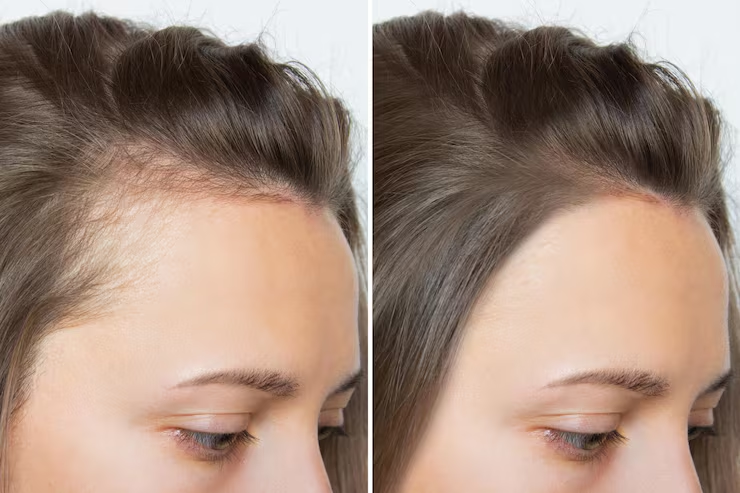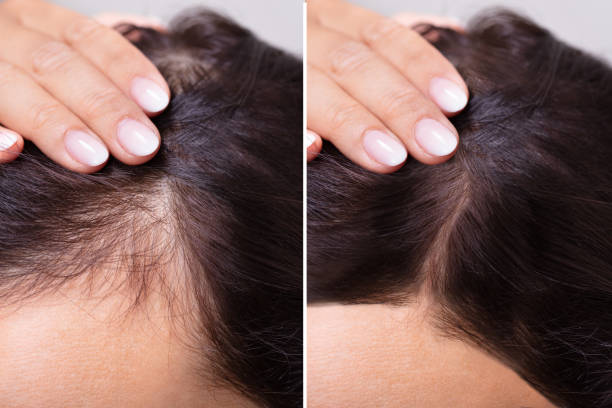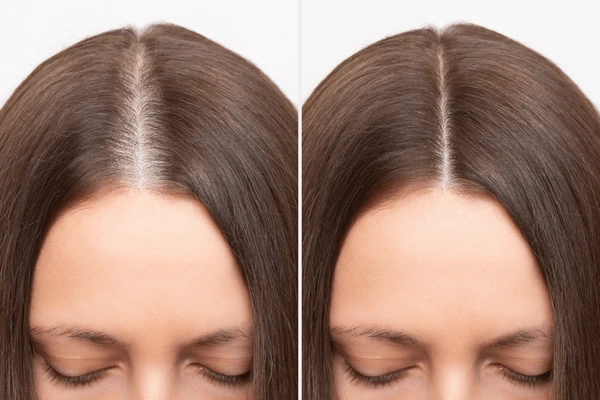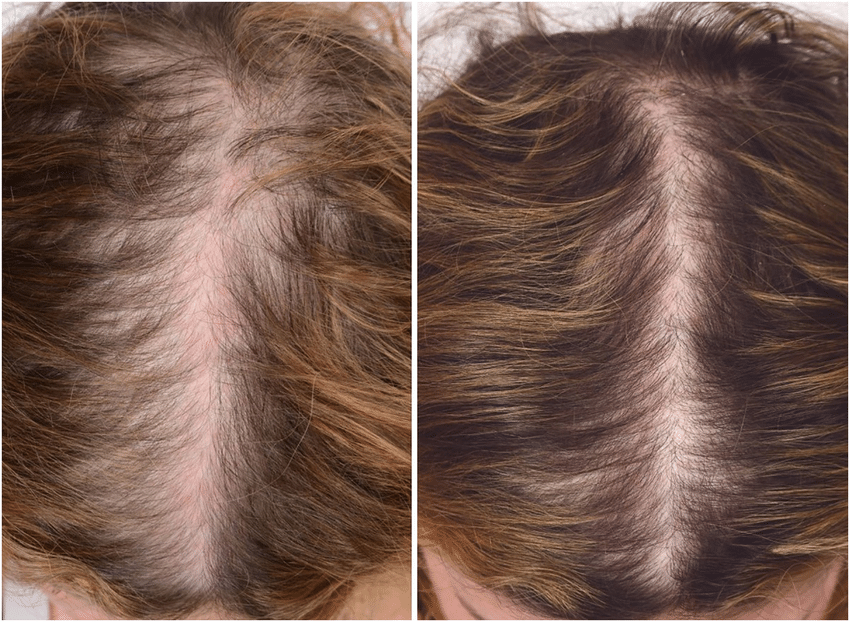Lichen Planus
1.jpg)
Need An Appointment?
Drop Your Number here
Lichen Planus: Causes, Symptoms, and Effective Treatment
Lichen Planus is a chronic inflammatory condition that affects the skin, hair, nails, and mucous membranes, causing discomfort and visible lesions. While it is not contagious, the condition can significantly impact quality of life due to itching, irritation, and aesthetic concerns. Understanding the causes, symptoms, and available treatment options is crucial for effective management and long-term relief.
Causes and Risk Factors
The exact cause of Lichen Planus is not fully understood, but it is believed to involve an abnormal immune response. Factors that may contribute include:
-
Autoimmune Dysfunction: The immune system attacks healthy skin or mucosa.
-
Genetic Predisposition: Family history may increase susceptibility.
-
Medications: Certain drugs, such as blood pressure medications, antimalarials, or NSAIDs, can trigger the condition.
-
Viral Infections: Hepatitis C has been linked to Lichen Planus in some cases.
-
Stress and Lifestyle Factors: Physical or emotional stress may worsen symptoms.
Identifying potential triggers can help in preventing flare-ups and tailoring treatment strategies.
1.jpg)
Symptoms of Lichen Planus
Lichen Planus manifests differently depending on the affected area. Common signs include:
-
Skin Lesions: Flat-topped, purplish bumps that may appear shiny or lacy.
-
Itching: Can range from mild irritation to severe, persistent discomfort.
-
Mucosal Lesions: Painful white or reddish patches in the mouth, genitals, or throat.
-
Nail Changes: Thinning, ridging, discoloration, or separation from the nail bed.
-
Scalp Involvement: May cause redness, scaling, or permanent hair loss in severe cases.
Symptoms may worsen during flare-ups and improve during remission, making long-term monitoring essential.
Need An Appointment?
Drop Your Number here
Treatment Options for Lichen Planus
While Lichen Planus may resolve on its own in some cases, treatment is often necessary to control symptoms, reduce inflammation, and prevent complications:
1. Topical Treatments
-
Corticosteroid Creams or Ointments: Reduce inflammation and relieve itching.
-
Calcineurin Inhibitors: Useful for sensitive areas like mucosal surfaces.
-
Moisturizers: Keep the skin hydrated and prevent dryness or cracking.
2. Oral Medications
-
Antihistamines: Reduce itching and allergic responses.
-
Systemic Corticosteroids or Immunosuppressants: For severe or widespread Lichen Planus.
-
Retinoids: Help manage stubborn skin lesions.
3. Advanced Therapies
-
Phototherapy: Controlled UV light exposure may reduce inflammation.
-
Laser Treatment: Can help improve skin appearance in persistent cases.
4. Lifestyle and Home Care
-
Avoid known triggers such as harsh soaps, irritants, and certain medications.
-
Maintain good oral hygiene for mucosal lesions.
-
Manage stress through relaxation techniques, exercise, and adequate sleep.
Patient's Testimonials




Reviews & Treatment Results at Bansal Skin Solution

5.0
(600 Reviews)

5.0
(500 Votes)

5.0
(567 Votes)
She's the best skin doctor I've come across so far. she listens patiently, gives the prominent treatment accordingly. Guys looking for skin treatment must visit Dr Nidhi Bansal, you will get satisfying results👍

Ravi Bhardwaj
PatientI consulted with Dr Nidhi Bansal after one of my friend suggested. The doctor is very calm and well versed with the solutions. I definitely liked the way He made me understand the issues of my hair sclap. I am very happy with my own experience with her and the treatment provided amazing hence I would highly recommend to this doctor for any skin or hair disease.

Manish Pal
PatientI was suffering from severe acne on my face. Dr Nidhi told me in detail about the treatment options and customized the procedures for my face. Within one day my redness and acne has reduced by 90%. I am so happy with the results and would recommend Dr Nidhi to everyone for their skin and hair problems.

Kartikey Singh
PatientBest doctor I always go to Dr Nidhi skin clinic whenever i have any skin problems . Dr. Nidhi is such a humble + trusted doctor I was dealing with pimples and scars from 6 years, someone told me about Dr Nidhi .I having been taking treatment from 2 months .my acne has gone for forever ,thanks for giving me normal skin best dermatologist in jaipur I got 100 % results , M bhut jayda preshan tha acne , blackheads whiteheads se ,mera face bhut khrab dikhta tha bhut guilty feel hota tha logo ko face krne m now I m confident .thank you doctor






